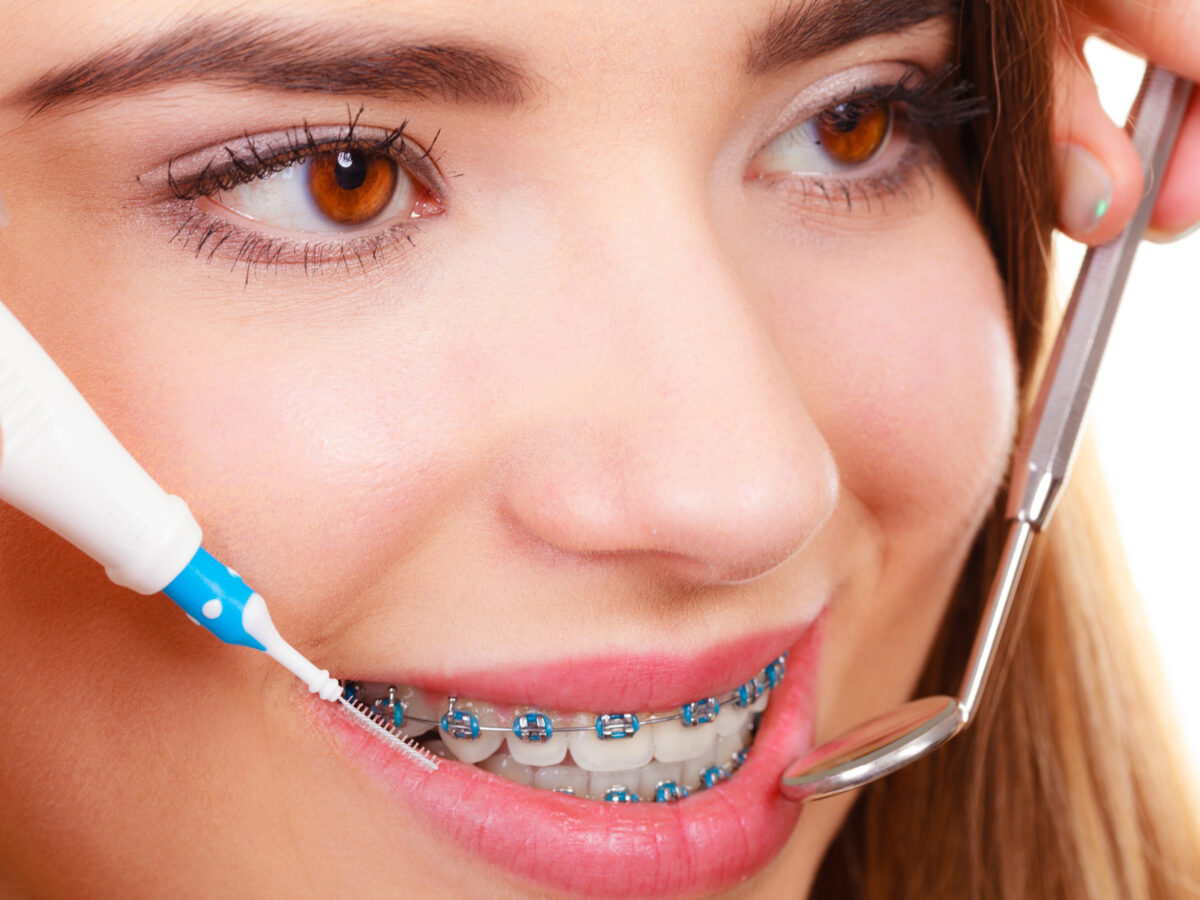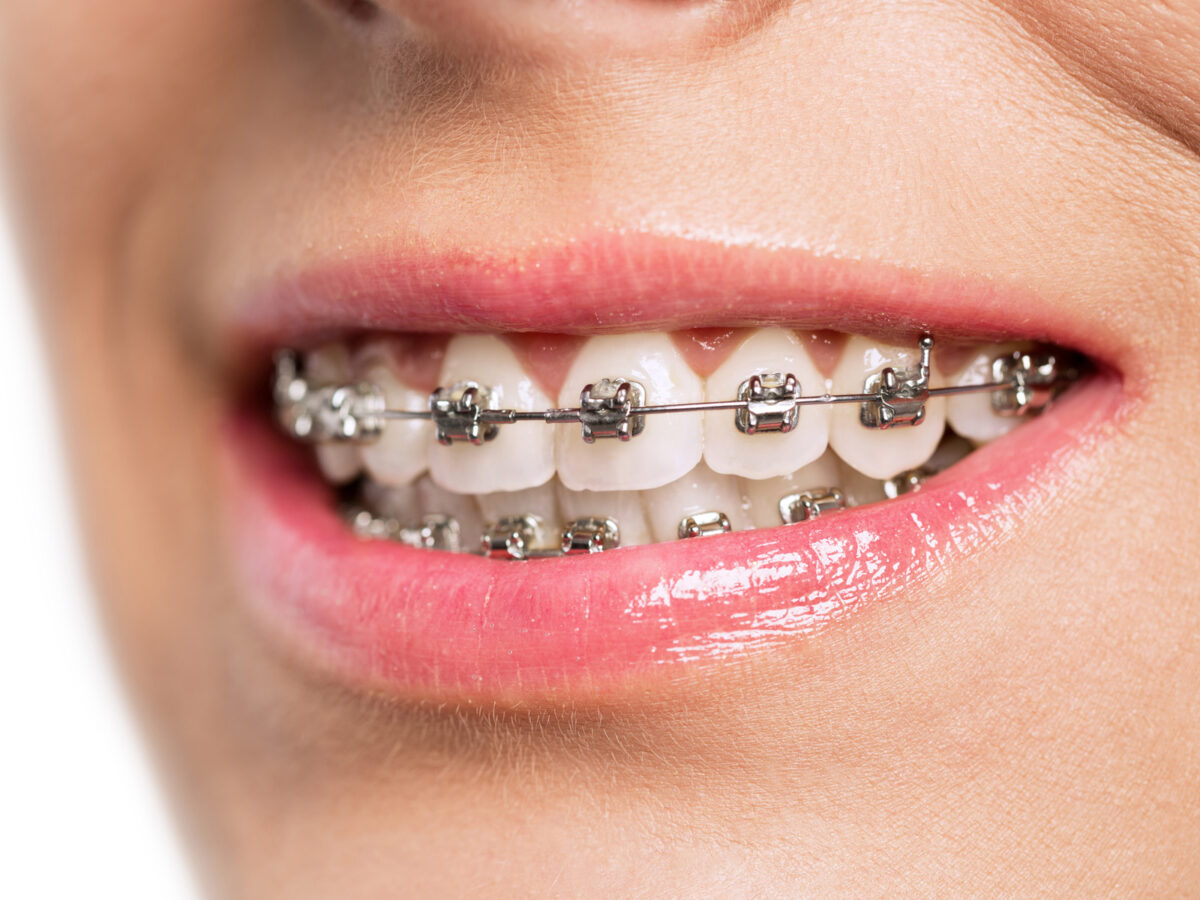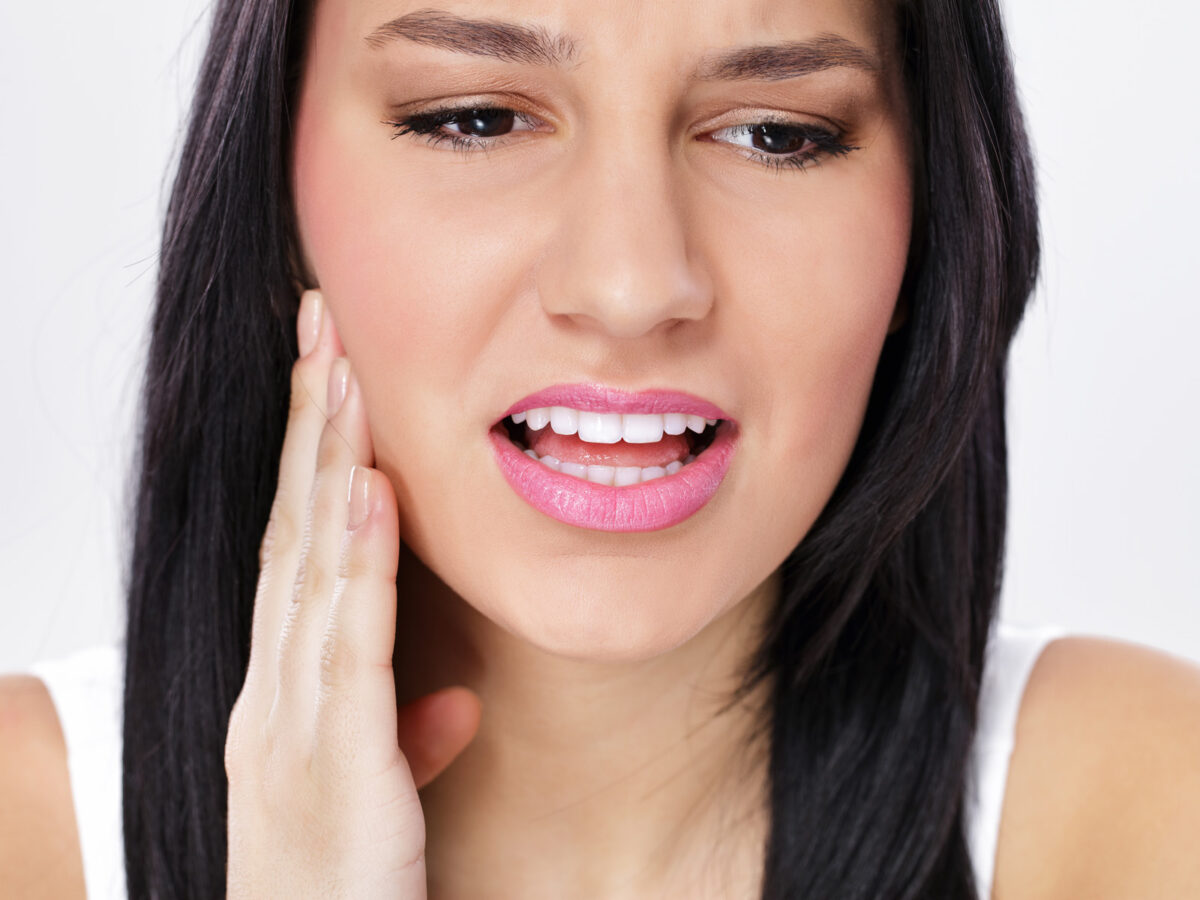Seeing your teeth overcrowded or crooked in the mirror may make you wonder if getting braces is worth it. It will enhance your overall health and well-being. Several ways will improve your overall health and well-being. If you have your teeth fixed with braces, aligners, headgear, or retainers, here are a few of the many benefits.
An improper bite can damage your teeth
Rather than worrying about the potential effects of braces, it would help if you focused more on the impact of an incorrect bite on your teeth and jaw. In addition to causing strain on your jaw, a misaligned bite can also cause teeth grinding and clenching at night, which wear down your teeth.
Some people with severe overbites or underbites will notice that sometimes their teeth hit together incorrectly. This will result in your teeth chipping or developing cracks along with the outside enamel.
The cracks in your teeth create a place for bacteria to breed and cause a cavity to form. An improper bite also causes your biting surfaces to bite too hard together during a meal.
With braces, you can expect these side effects
When you wear braces, some movement occurs, so people wonder if they will make teeth unstable. Straightening your teeth with orthodontic treatment involves gentle pressure on your teeth that causes the soft tissues in your mouth to relax and move. However, this movement does not imply instability.
As a result of forces present in our mouths, our teeth are constantly shifting. As a whole, braces do nothing more than hold them in place and push them into their proper positions. Once orthodontic treatment improves your bite and closes tooth gaps, you are less likely to suffer from severe root infections or gum disease, contributing to weakened teeth.
If you are receiving aftercare, you may be provided with a retainer, giving you further reassurance that they will not cause tooth instability. If you wear your retainer following the directions, your teeth will remain in the correct position.
Tips for Keeping Your Teeth Healthy During Treatment
Most people’s teeth remain healthy and strong after having braces, so you should ask your orthodontist if braces have harmful effects. You should, however, minimize any damage that may occur during your orthodontic treatment.
Schedule your appointment with a dentist today and get the treatment on time!





